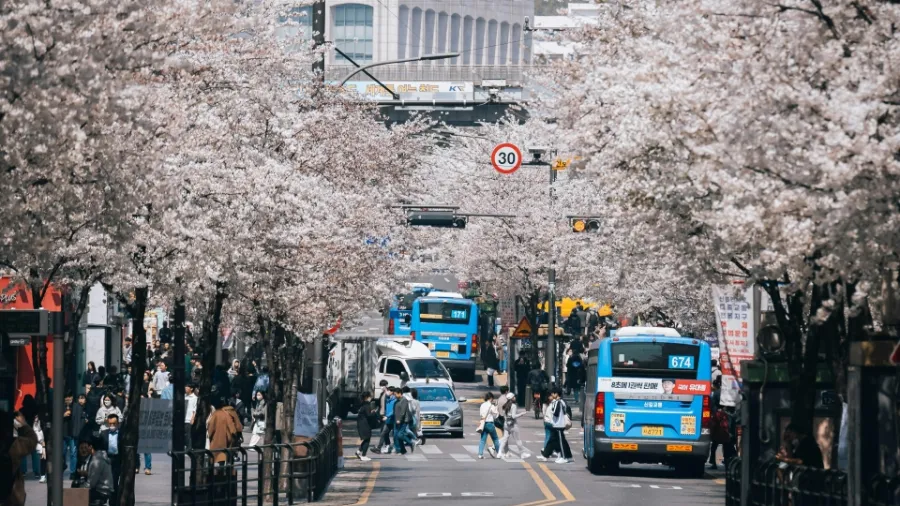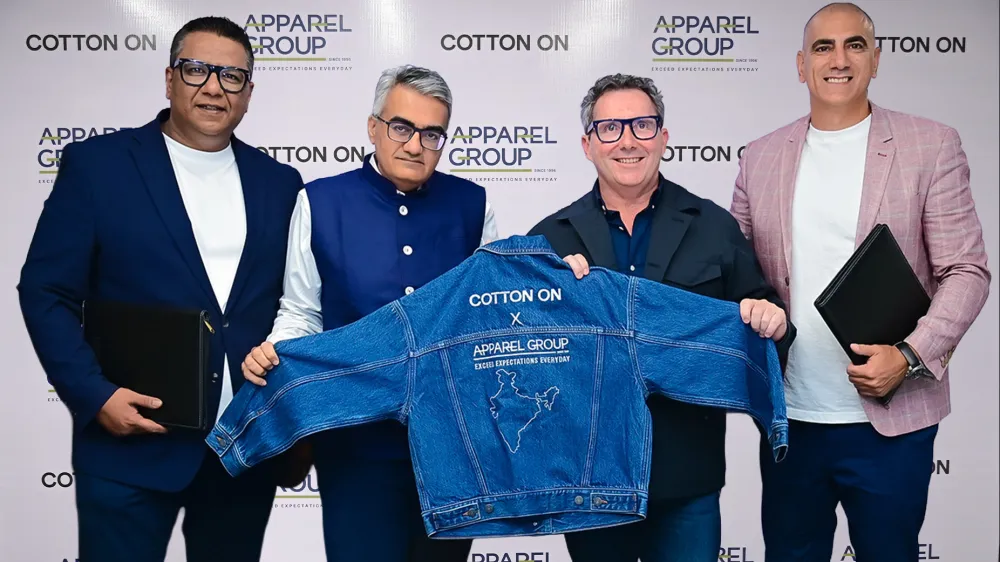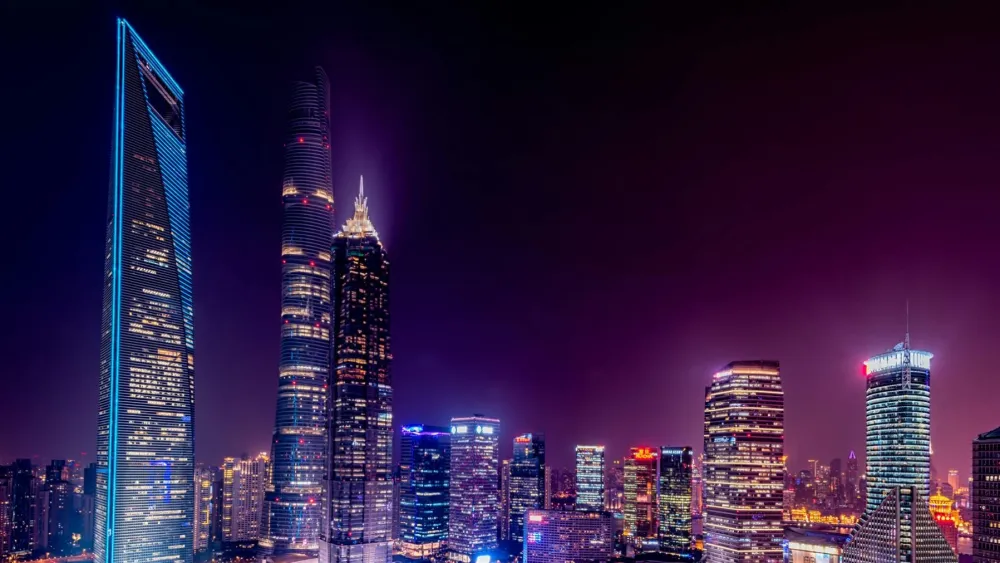
Korea launches new strategy to boost textile and fashion industry
It includes developing world-class technologies in high-performance aramids, carbon fibers, and electronic textiles by 2030.
South Korea has unveiled a new strategy that will tackle key trends including the rapid growth of the industrial textile market, rising demand for eco-friendly practices, and the integration of digital transformation across product planning, production, and logistics.
According to Trade, Industry and Energy Minister Dukgeun Ahn, the Textile and Fashion Industry Competitiveness Strategy aims to increase Korea’s global market share in industrial and eco-friendly textiles from 2-3% to 10% by 2030 and to raise digital transformation levels from 35% to 60%.
Key elements of the strategy include developing world-class technologies in high-performance aramids, carbon fibers, and electronic textiles by 2030. A KRW2.9t fund will support companies integrating industrial textiles into their products. The strategy will also establish an Industrial Textile Alliance and a Tech Textile Product Certification Evaluation Support Center.
In addition to technological advancements, the strategy focuses on eco-friendly practices with an investment of ₩31b for fiber-to-fiber recycling, plant-based vegan leather, and biodegradable fibers. The ministry also plans to provide waste heat recovery facilities to over 200 SMEs and introduce carbon emissions standards and eco-design guidelines.
To promote AI and digital transformation, MOTIE aims to develop an AI system that will reduce product design times by over 80% and create a Connected Micro Factory for high-speed production. Automation facilities will be supplied to over 250 companies by 2028, and Meta Fashion Playgrounds will be expanded.
The strategy also includes training 1,000 professionals in eco-friendly and digital technologies by 2028 and seeking global sustainability certifications.



















 Advertise
Advertise






